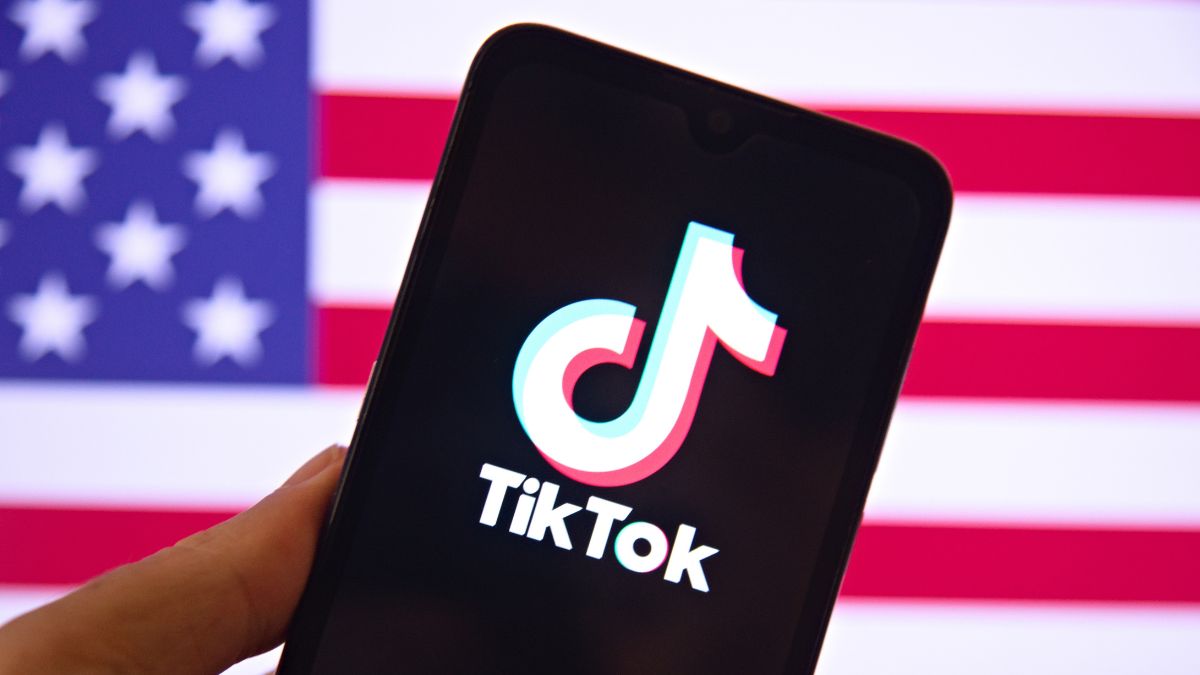Less than one week after Maine Governor Janet Mills received one of the nation’s most privacy-protective state bills on her desk, she signed it into law. The move makes Maine the latest US state to implement its own online privacy protections.
The law, which will go into effect July 1, 2020, blocks Internet service providers (ISPs) from selling, sharing, or granting third parties access to their customers’ data unless explicitly given approval by those customers. With the changes, Maine residents now have an extra layer of protection for the emails, online chats, browser history, IP addresses, and geolocation data that is commonly collected and stored by companies like Verizon, Comcast, and Spectrum.
In signing the bill, Governor Mills said the people of Maine “value their privacy, online and off.”
“The Internet is a powerful tool, and as it becomes increasingly intertwined with our lives, it is appropriate to take steps to protect the personal information and privacy of Maine people,” said Governor Mills in a released statement. “With this common-sense law, Maine people can access the Internet with the knowledge and comfort that their personal information cannot be bought or sold by their ISPs without their express approval.”
The bill, titled “An Act to Protect the Privacy of Online Customer Information,” was introduced earlier this year by its sponsor, Democratic state Senator Shenna Bellows. It passed through the Maine Legislature’s Committee on Energy, Utilities, and Technology, and gained approval both in the House of Representatives and the Senate soon after. Given until June 11 to sign the bill into law, Governor Mills moved quick, giving her signature on June 6.
As Maine’s lawmakers worked to review and slightly amend the bill (adding a start date to go into effect), it picked up notable supporters, including ACLU of Maine and GSI Inc., a local, small ISP in the state. In an opinion piece published in Bangor Daily News, GSI’s chief executive and chief operating officer voiced strong support for online privacy, saying that “if people can’t trust the Internet, then the value of the Internet is significantly lessened.”
The Maine State Chamber of Commerce opposed the bill, arguing that a new state standard could confuse Maine residents. The Chamber also said the bill was too weak because it did not extend its regulations to some of the Internet’s most noteworthy privacy threats—Silicon Valley companies, including Facebook and Google.
The ACLU of Maine and the Maine State Chamber of Commerce did not return requests for comment about the Governor’s signing.
Sen. Bellows, in the same statement referenced above, commended Maine’s forward action.
“Mainers need to be able to trust that the private data they send online won’t be sold or shared without their knowledge,” Sen. Shenna said. “This law makes Maine first and best in the nation in protecting consumer privacy online.”











